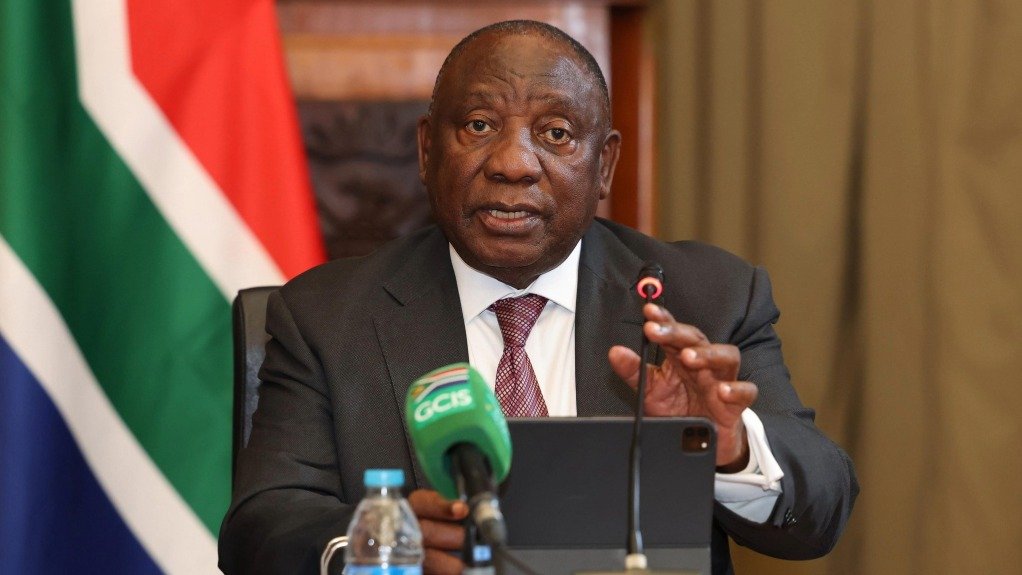Speaking to his BRICS counterparts on Monday, President Cyril Ramaphosa noted persisting trade imbalances, where developing economies remain locked in the lower end of global value chains, and he urged the redoubling of efforts to ensure that trade supports development.
In his address during the Extraordinary BRICS leaders meeting, Ramaphosa said, “Global trade must work for all of us”.
He urged the BRICS countries to help strengthen the multilateral system, and advance reforms to modernise multilateral development bank mandates and to better reflect the voices and priorities of developing economies.
He stated that the progress and economic dynamism of emerging economies was being undermined by disruption and chaos.
“New shocks to global trade patterns, international financing and critical minerals flows, along with the intensification of problems created by sovereign debt overhang and imbalanced tax regimes, are creating uncertainties for policymakers, consumers and companies,” he said.
He noted that unilateral tariff actions were contributing to what he said was an “increasingly protectionist environment”, which he believed was a danger for the countries in the Global South.
“The uncertainty of the new trading regime has already negatively affected employment levels in my own country, South Africa, and is an obstacle to our economic growth,” he told BRICS leaders.
He gave South Africa’s support for BRICS initiatives that improved the resilience of the member countries and those of the Global South and which also strengthened the global multilateral system.
“Our focus is on strengthening and collaboratively diversifying our trade and investment partnerships with Africa, Asia, the Gulf, the Americas and Europe. South Africa’s response is rooted in the promise of an African continent on the rise, a continent that is rich in talent, innovation, in resources and untapped potential,” said Ramaphosa.
South Africa’s vision, he added, was for Africa to drive global trade, pointing to South Africa’s collaboration with other African countries to consolidate the African Continental Free Trade Area.
Ramaphosa was firm that South Africa supported the multilateral trading system anchored in the World Trade Organization (WTO) and the UN until all member States were able to reach their developmental goals.
While the WTO had tried to enforce fair trade, Ramaphosa noted the imbalances.
He further pointed to threats to humanity, such as an increase in armed conflicts, fractious geopolitical tensions, environmental disasters, trade wars and continued underdevelopment.
He said this underscored the importance of continuing to strengthen the work of the entire UN system and the full implementation of membership-led mandates.
“This is where BRICS countries should play a critical role in strengthening the multilateral system. The challenges humanity faces today underscore the urgency of reform of the UN to ensure that it is inclusive, representative and fit for purpose,” he stated.
Ramaphosa said the BRICS countries needed to reflect on their role in shaping global growth, addressing global poverty and championing multilateralism.
“We should use our growing voice to advance a global order that improves the lives of all the world’s people and safeguards the planet for future generations. Let us shape a new paradigm of multilateral cooperation anchored in equity, sustainability and development, but also anchored in peace,” he added.
EMAIL THIS ARTICLE SAVE THIS ARTICLE ARTICLE ENQUIRY FEEDBACK
To subscribe email subscriptions@creamermedia.co.za or click here
To advertise email advertising@creamermedia.co.za or click here











